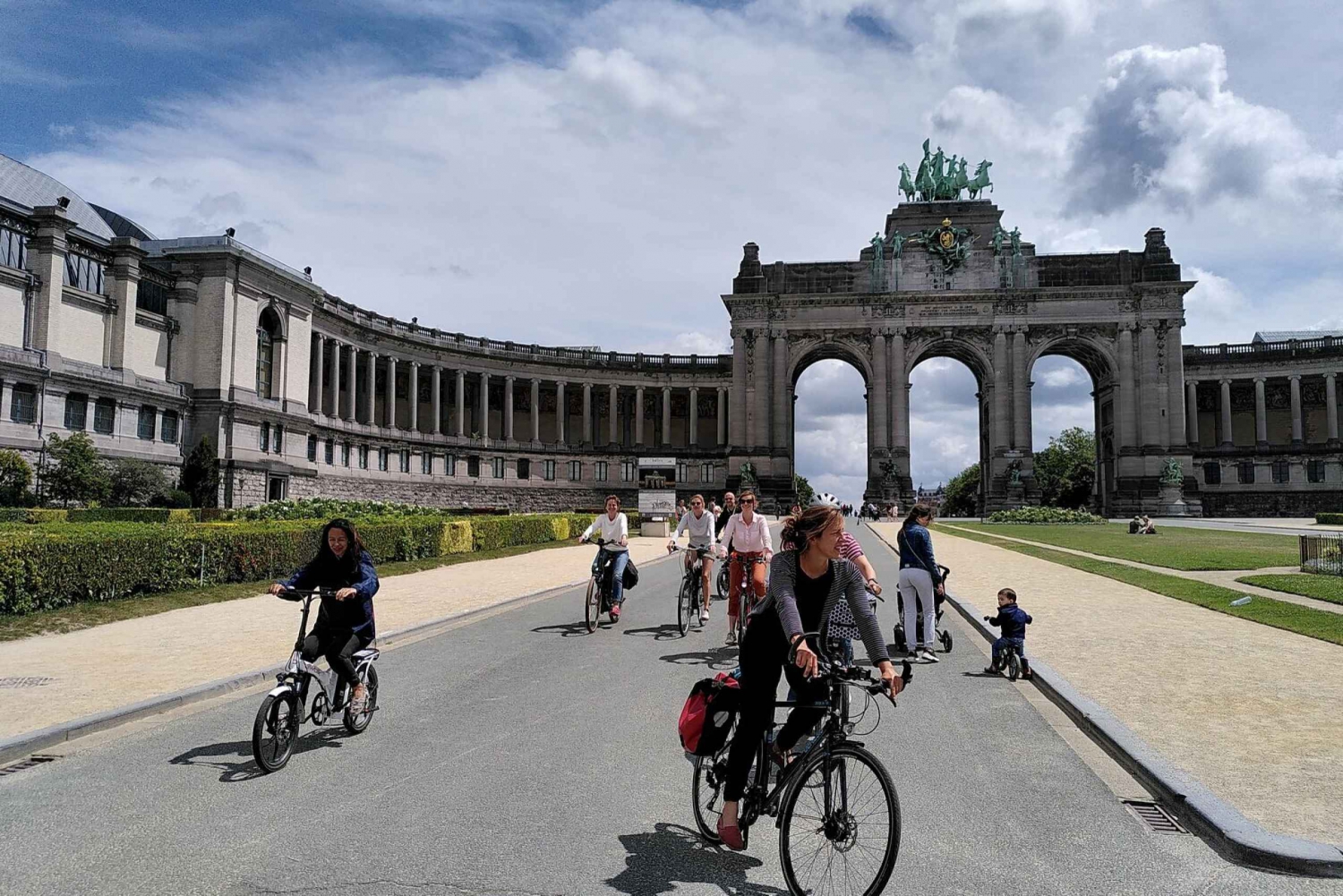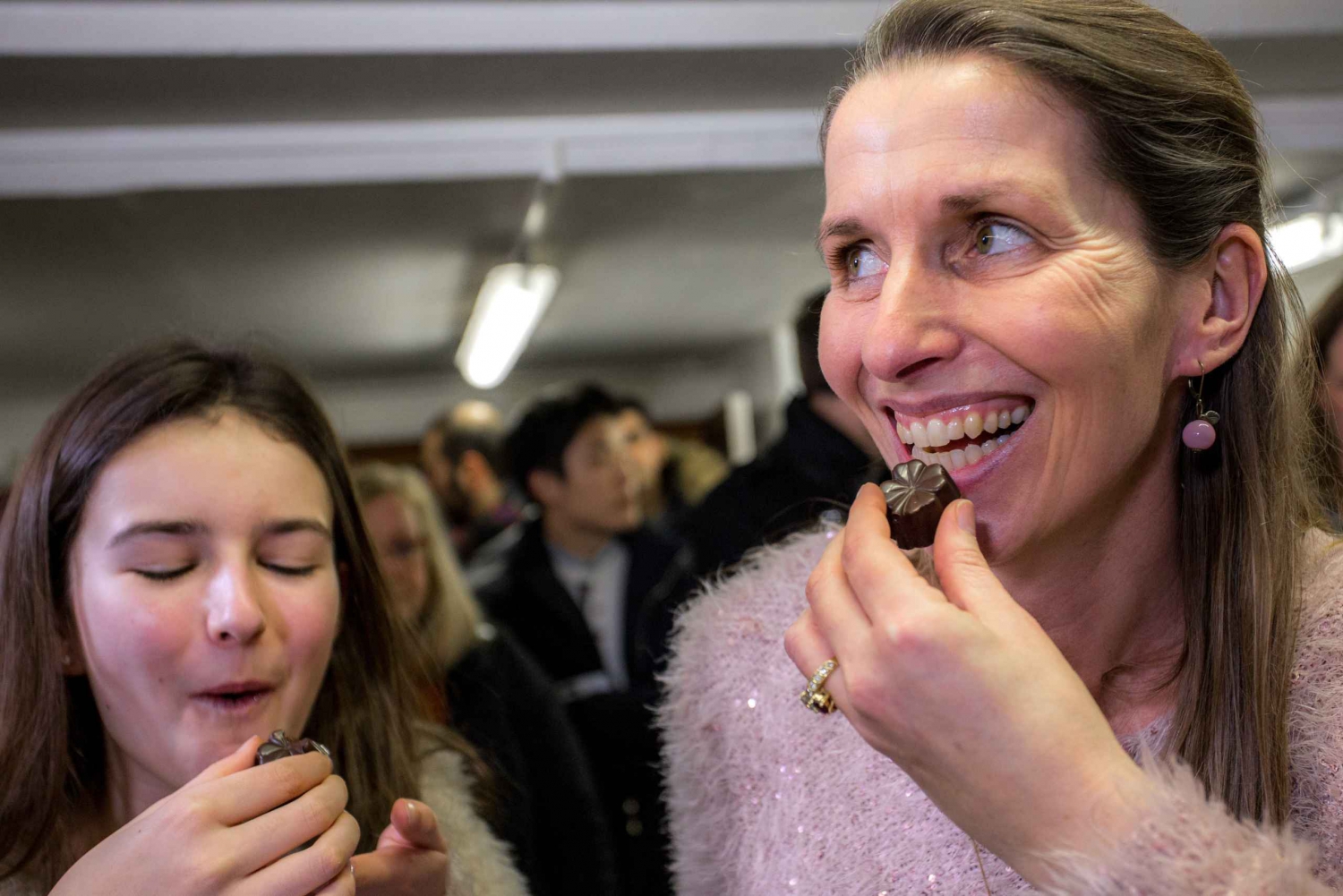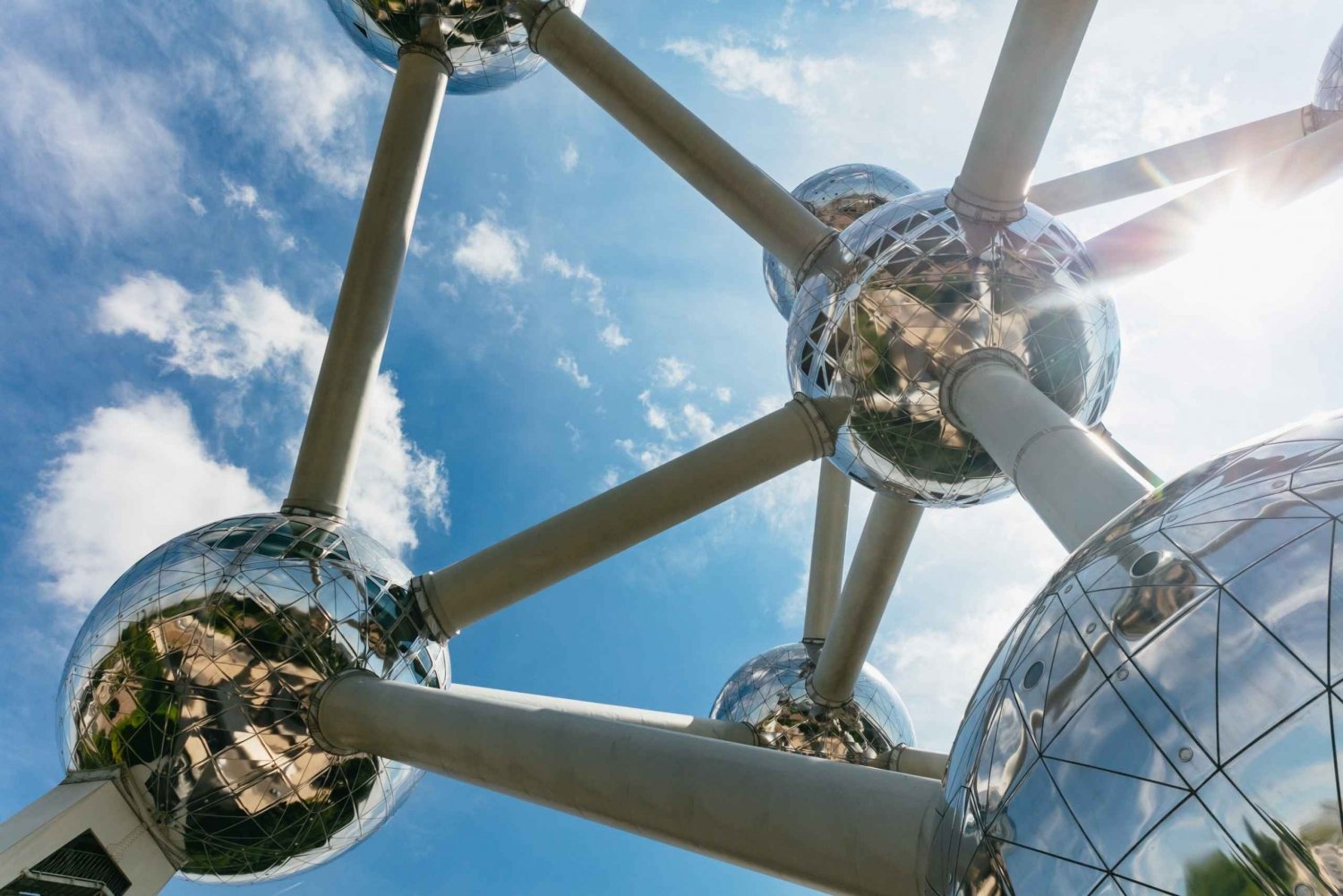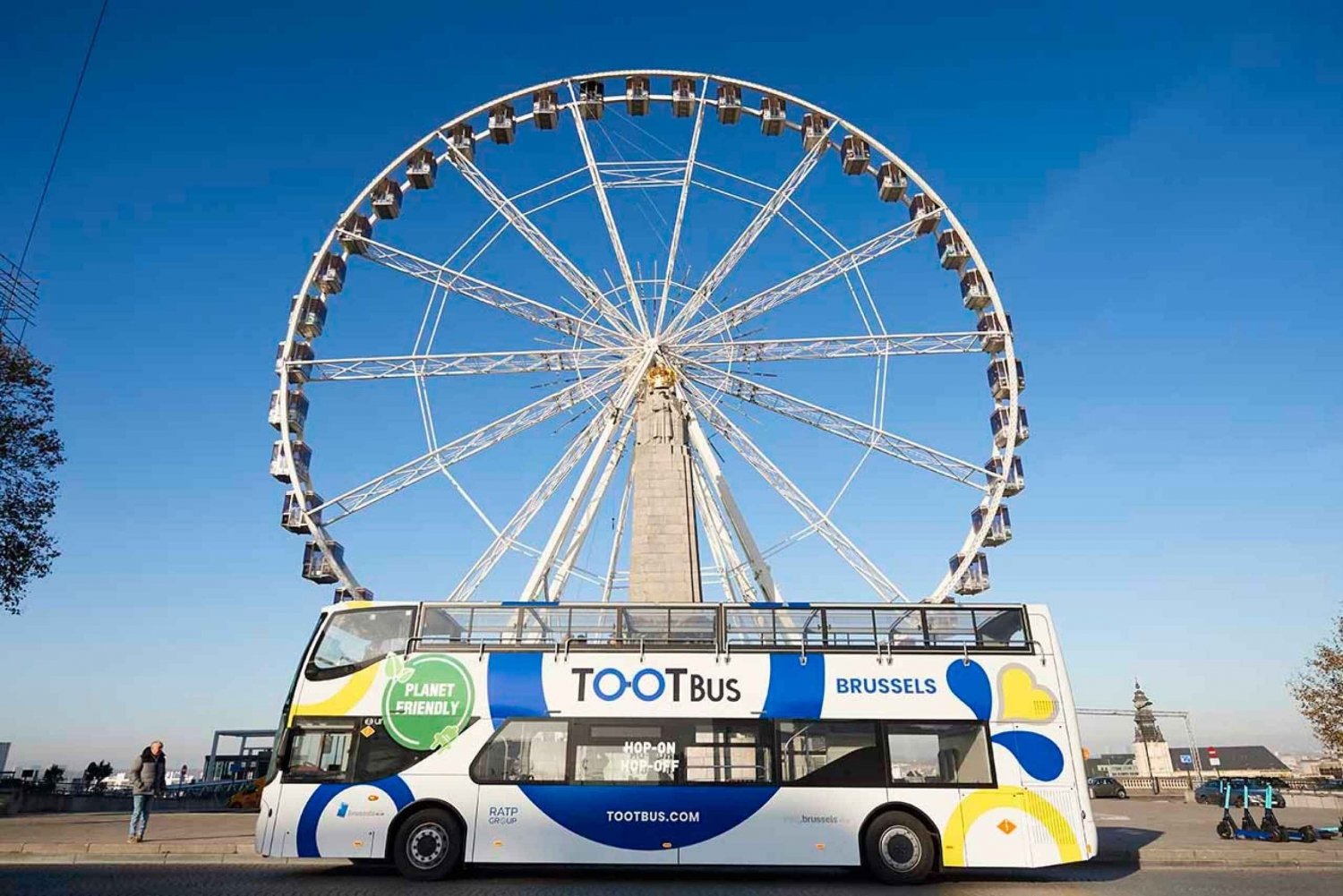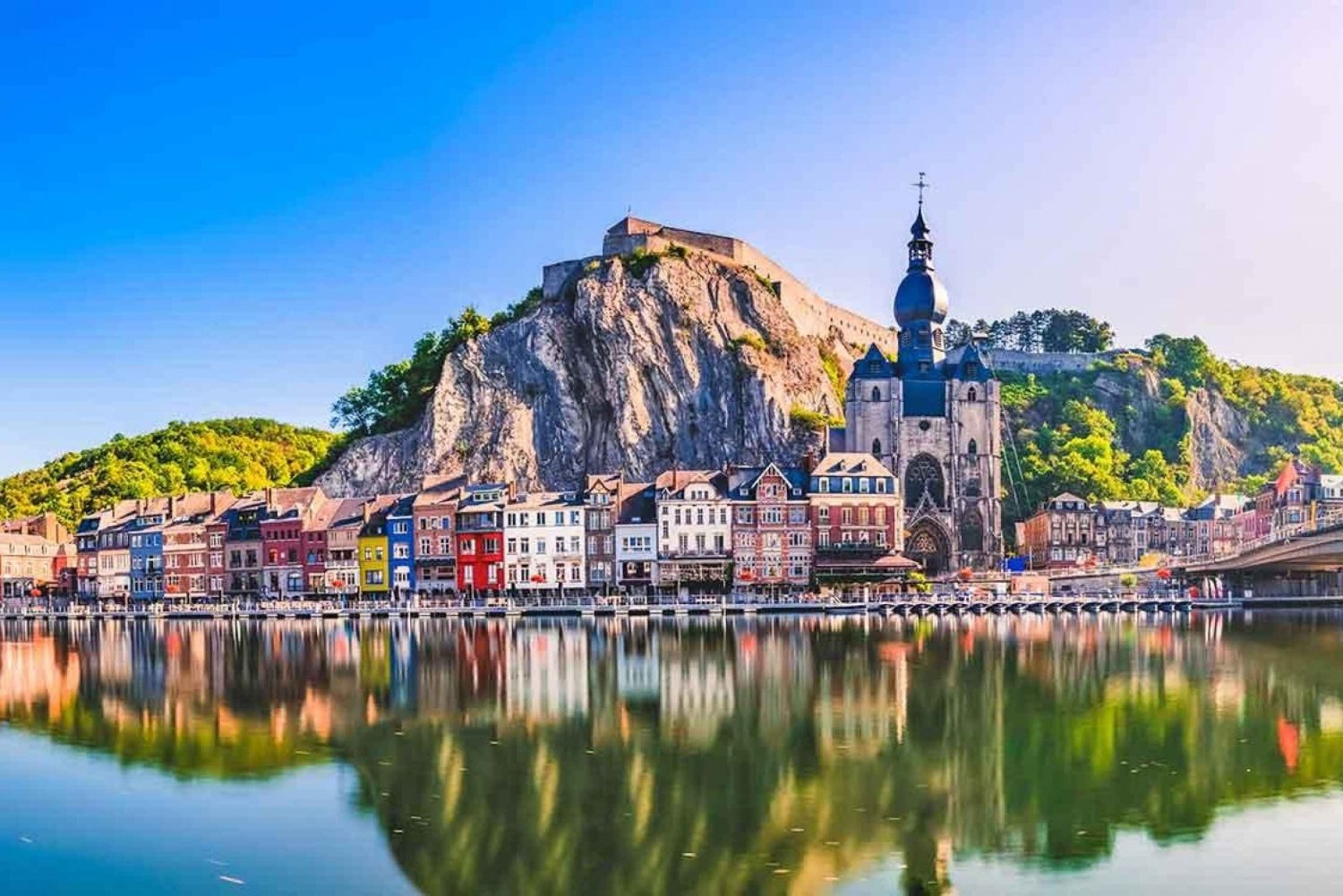What to drink
Belgium holds, amongst other records, the status of the country which produces the largest number of beers : 680!
Amongst this impressive number, certain beers have become the world’s top stars : Leffe, Affligem and other Gueuze are available in many trendy bars in Paris, Shangai, New York or Moscow.
In Brussels you are in the epicentre of this production: in addition to those mentioned earlier, the most popular are Chimay, Maes, Orval, Jupiler, Kriek, Rodenbach, Wiel's and other Gueuze. The choice, as you can imagine, is a matter of personal taste ; how better to know your preference without tasting...?
So try (in moderation, as alcohol abuse is dangerous) all the varieties the cafes renowned for their beer menu. Remember that the strongest beer, at 12°, is the Gulden draak (the golden dragon) whose black colour confuses the name. But fortunately, the most consumed beer is in between 3° and 5°.
Beer has been a Belgian tradition since the early 14th century. In 1900, there were 3,223 breweries which were producing more that 14 million hectolitres! This is what quenched the thirst of the people of that time who merrily swallowed 202 litres each per year, babies and old people included. Today there remain 115 breweries for an average consumption per capita which fell to 96 litres. This still remains decent but places the Belgians far behind the first placed Germany with their 160 litres per capita.
This thriving industry has existed for so long that it has been able to build a Brewers’ House in the Brussels Grand Place – a house luxurious enough to represent the power of this industry in the 17th century, the year when the building was constructed. Beer also has its own museum which offers, amongst other surprises, free tasting...
But would wine be then considered the poor relative? Fortunately no. Brussels has aligned itself to the world’s top producers of quality wines: the French. In all restaurants you will find a selection of first quality French wines, reasonably priced. In the Italian, Greek, Portuguese or Eastern restaurants, the wines of these countries are obviously more evident.
In Brussels, do not ask for a jug of tap water as it is not a custom – although tap water is excellent. Order a bottle (price is between €3 to €6) or half bottle of Spa, still or sparkling spring water produced in the Ardennes town. If you want an aperitif, all types of sodas are available.
At the end of your (good) meal, order an espresso or a Déca without caffeine or a ‘regular coffee’ which will be less ‘concentrated’ and which will be served in a larger cup. Price range from €2,50 to €4 or €6, often served with a small biscuit.
And to digest it all, why not an old Cognac imported from France?
Prices are reasonable (between €5 to €12): enjoy in moderation.
Top Experiences and Tours in Brussels
If youʻre booking your trip to Brussels last minute, we have you covered. Below are some of the top tours and experiences!


